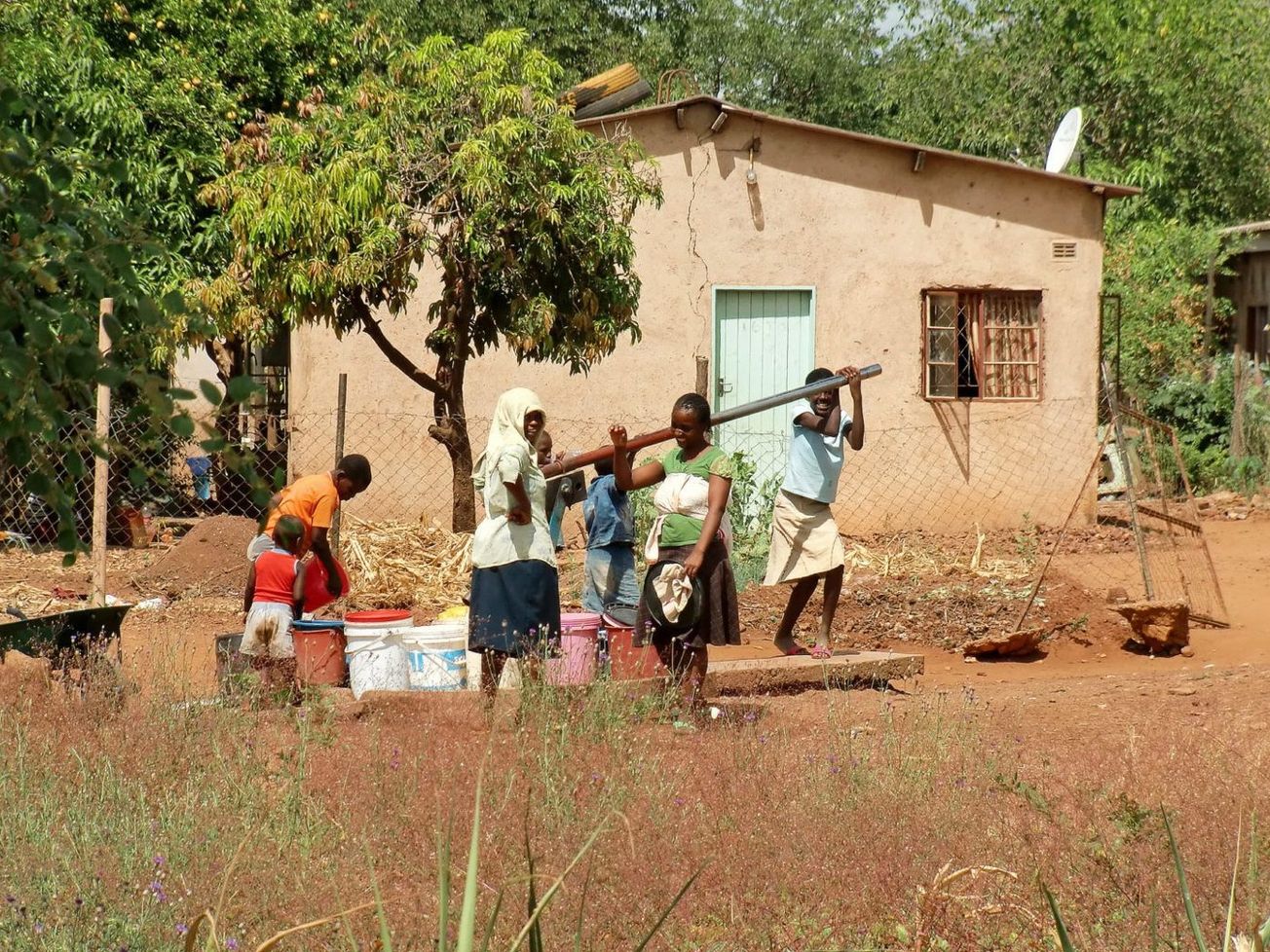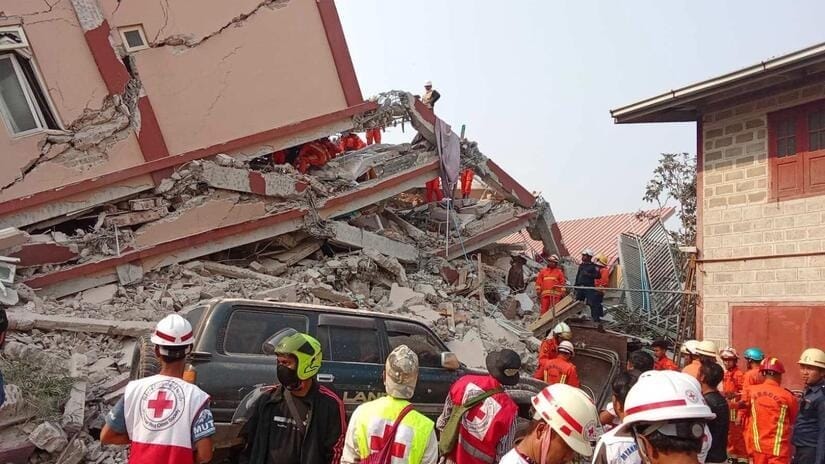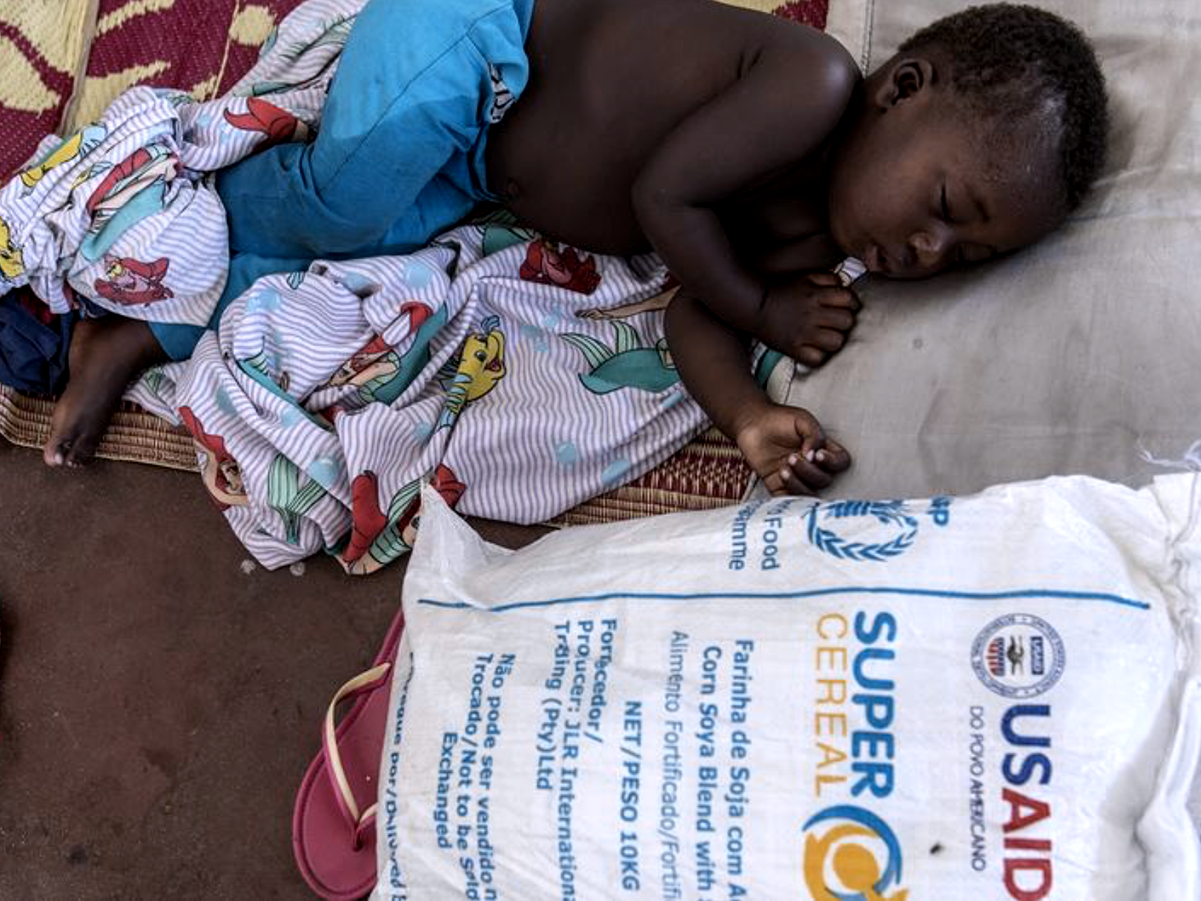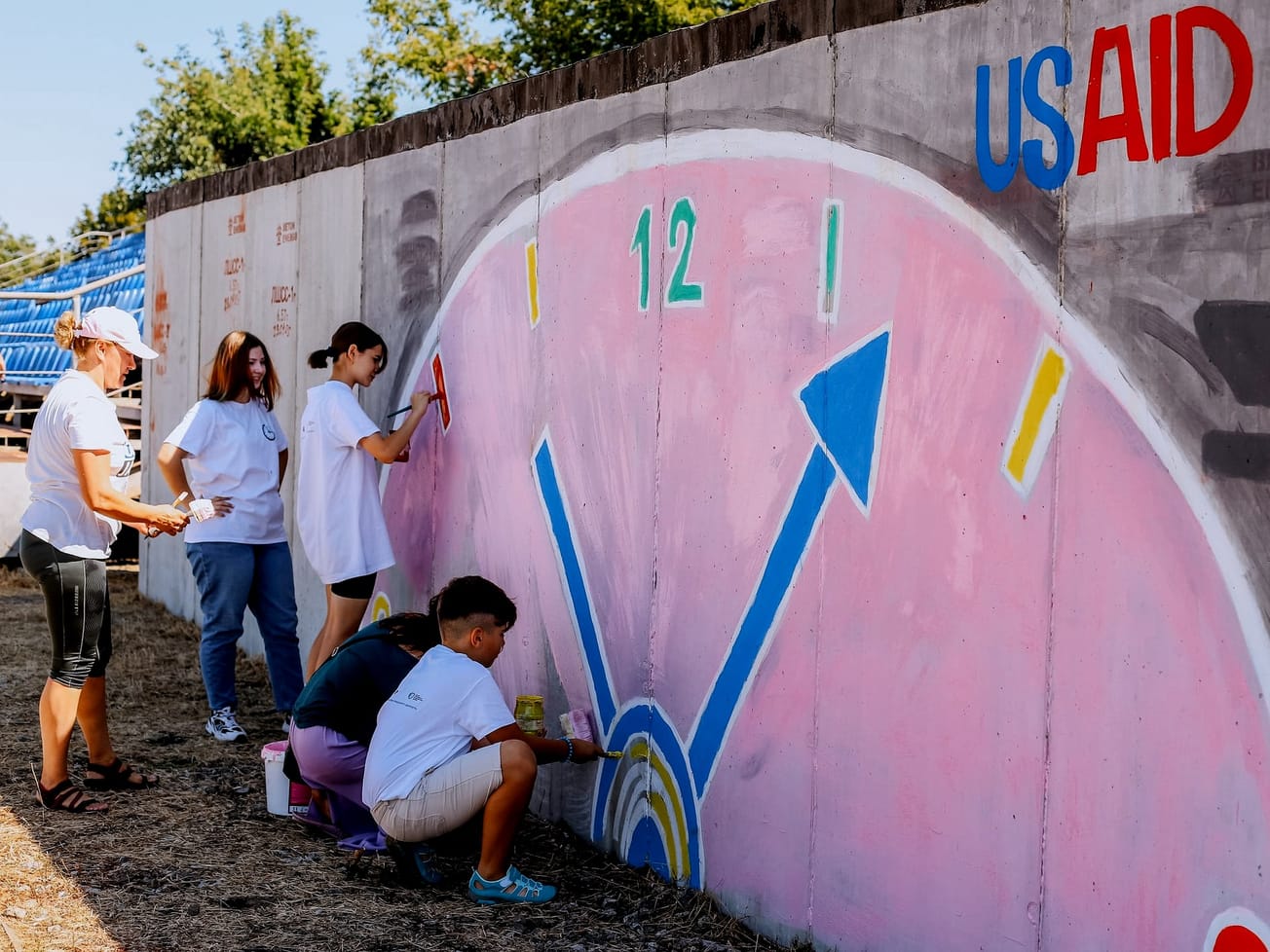The United Nations more than tripled its humanitarian aid appeal to $6.7 billion on Thursday, up from $2 billion six weeks ago to help the most vulnerable countries threatened by the pandemic.
U.N. humanitarian chief Mark Lowcock, who oversees the Office for the Coordination of Humanitarian Affairs, or OCHA, said the aid will help reduce conflicts, hunger and poverty brought on by the spread of COVID-19.









